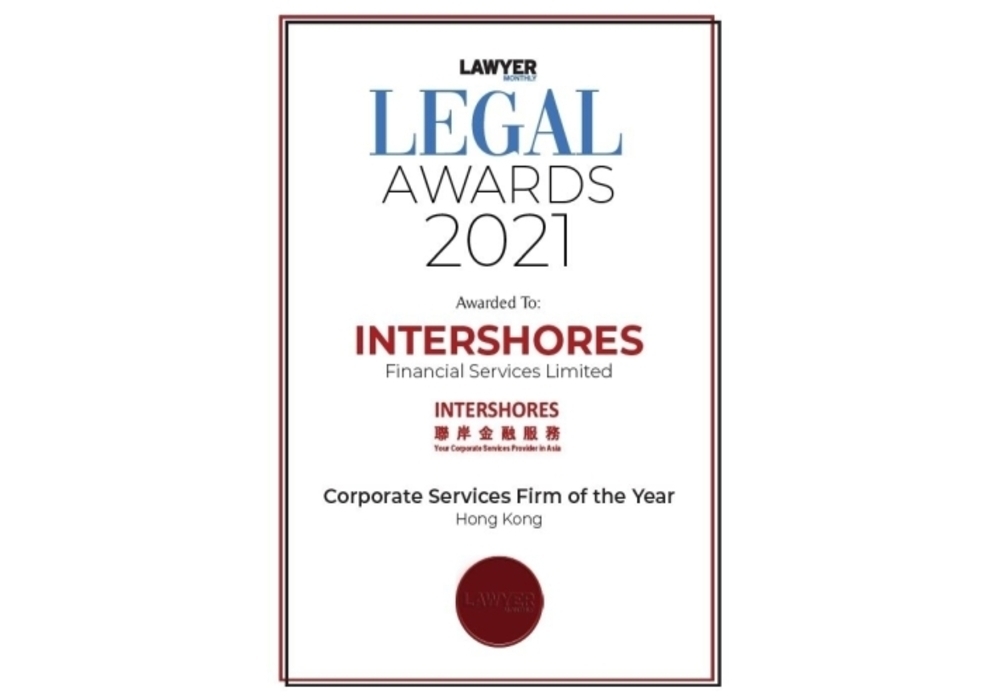|
Located in the Caribbean Sea, the British Virgin Islands is a popular jurisdiction to set up offshore companies. This is because of the business-friendly and flexible government policies, high level of privacy and security, straightforward incorporation process, and more.
What is a BVI holding company? Before you begin with the BVI company registration, you need to understand what a holding company is. A holding company is one that holds assets, equities, or investments of other business entities are earn dividends, capital gains, rent, or more from them. These businesses in the British Virgin Islands must comply with the BVI Business Companies Act of 2004.
Approximately 85% of all entities registered in the British Virgin Islands are holding companies.
5 facts you need to know about a BVI holding company
1. Advantages of setting up business in BVI: i. The political and economic environment is stable which reduces the risk faced by the businesses. ii. The government policies are business-friendly with fewer compliance requirements. There is no tax levied on the businesses, minimum paid-up share capital requirement, annual audits, filing of tax reports, or more. iii. Personal information of the business is not available to the public and therefore, foreign investors and business owners are guaranteed high levels of privacy and security. iv. Businesses can take advantage of the tax benefits provided by the government in BVI. v. Businesses can easily transfer the ownership of their assets. This flexible structure is beneficial for holding companies. vi. BVI is a reputed jurisdiction to set up an offshore holding company. The opportunities available in BVI attract foreign investors and business owners to set up their business in this region.
2. Simple Incorporation Process i. The setting up process of a holding company in the British Virgin Islands is quick and straightforward. Moreover, it is relatively inexpensive compared to other offshore jurisdictions. ii. There are fewer requirements that business owners need to meet before beginning the incorporation process. For example: there is no minimum number of shareholders or directors needed to set up business in BVI.
3. Types of entities that you can set up i. There are multiple types of business entities found in the British Virgin Islands that can be used for the purpose of holding equity or assets of other businesses. ii. These business entities include: a. Business company (BC)- ideal for businesses wanting to take advantage of the tax benefits available in BVI. b. Limited liability company (LLC)- ideal for businesses wanting to take advantage of the asset protection given by the government in the BVI.
4. Types of Holding companies you can set up in BVI: i. Pure equity holding company (PEHE) A holding company is considered to be a Pure Equity Holding Entity that as an entity holds the equity shares of other business entities and earns dividends and capital gains.
However, these businesses are not permitted to perform most business activities without approval.
This form of holding company has lower economic substance requirements that they need to meet.
ii. Asset holding company A holding company is considered to be an asset holding company that holds the assets of other business entities and earns revenue from this.
iii. Intellectual property (IP) holding company Holding companies can hold intellectual property rights as well. These intellectual properties include patents, trademarks, copyrights, or more.
IP holding companies generate income in the form of royalties.
5. Economic Substance (ES) in BVI i. Businesses must comply with the Economic Substance Act of 2019 issued by the BVI government. This is based on the guideline of the Organisation for Economic Cooperation and Development (OECD) and the European Union. ii. Under the above Act, businesses are required to have a physical local office and conduct their business activities in the country in which it is a tax resident. iii. According to the Act, businesses must undergo some tests to prove that the business’s revenue-generating activities are taking place locally in the British Virgin Islands. The following conditions must be met:
a. Relevant business activities must be managed and directed in the region (‘Directed and Managed’ Test). b. There must be an adequate number of qualified employees in the region (‘Adequate’ Test). c. The business must incur a certain level of expenditure (‘Adequate Test’). d. The business must have a local physical office address (‘Adequate Test’). e. The core income-generating activity takes place in the region by the business (‘Core income-generating activity (CIGA)’ Test).
6. How to complete the company registration in the British Virgin Islands? In order to ensure a smooth and hassle-free process, you must first understand how to register your business in BVI. You can follow these steps :
Step 1: Planning and Strategizing There are different types of business entities available in the British Virgin Islands. You have to decide the type of entity to be set up.
Step 2: Meeting all the pre-registration requirements Step 3: Registering your business and getting your license Step 4: Opening a corporate bank account Step 5: Registering for Tax (if needed) Step 6: Staying Compliant with government regulations
After the registration process is completed, INTERSHOES will ensure that your business remains compliant with the government regulations. Even though businesses are not subjected to corporate income tax, they are required to pay the Payroll Tax and Stamp Duty tax.
Whatsapp : (852) 6499 4686 Phone : (852) 2186 6936 Email : info@intershores.hk
Disclaimer: Whilst reasonable care has been taken in provision of information above, it does not constitute legal or other professional advice. INTERSHORES does not accept any responsibility, legal or otherwise, for any error omission and accepts no responsibility for any financial or other loss or damage that may result from its use. In particular, readers are advised to take appropriate professional advice before committing themselves to any involvement in jurisdictions, vehicles or practice. |
|


